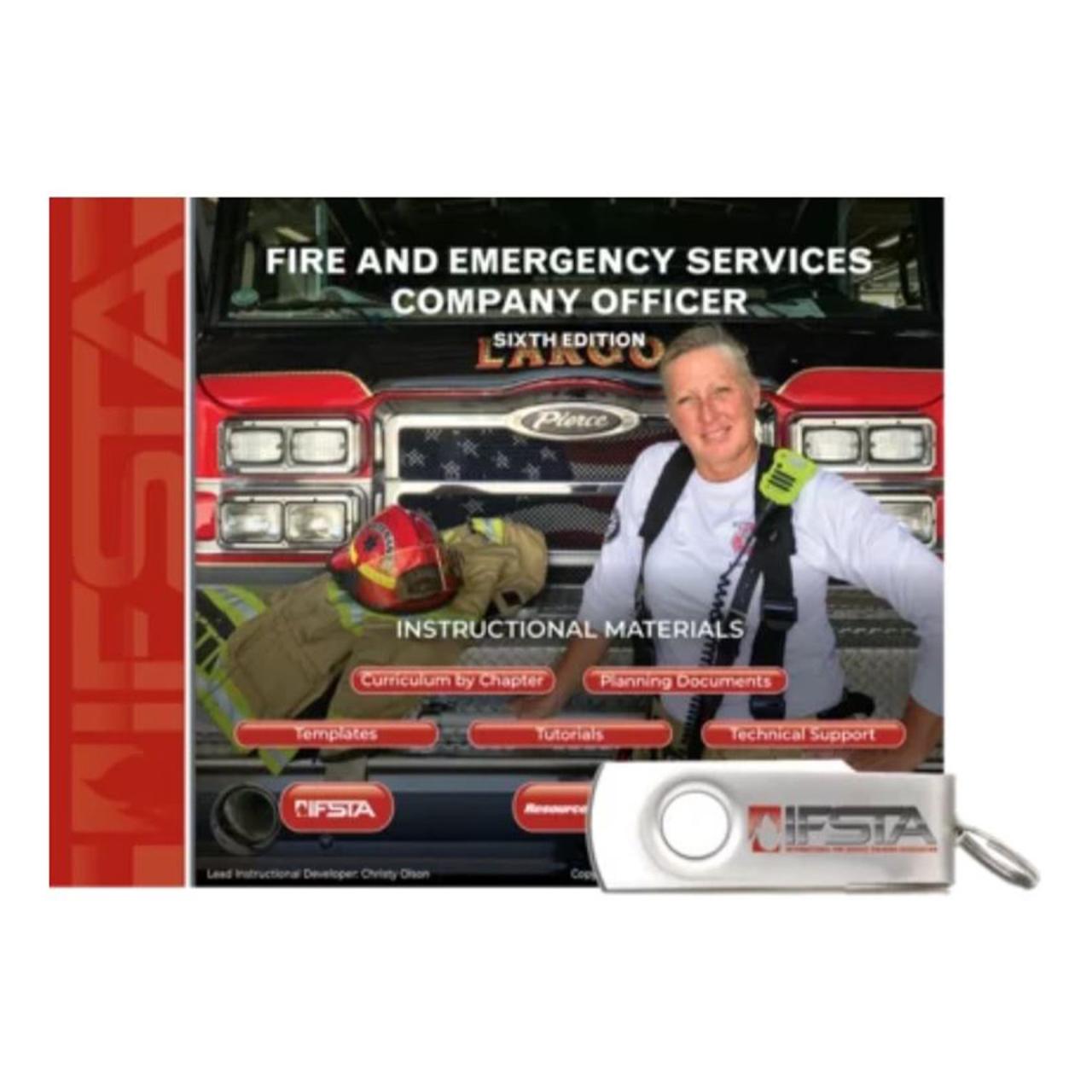Ifsta fire and emergency services company officer 6th edition – IFSTA Fire and Emergency Services Company Officer, 6th Edition, presents a comprehensive overview of the roles, responsibilities, and skills required for effective leadership in the fire and emergency services field. This authoritative text provides a solid foundation for aspiring and current company officers, covering a wide range of topics from incident management and hazardous materials handling to leadership principles and ethical considerations.
Throughout the book, readers will gain insights into the complex challenges faced by company officers and the critical decision-making processes involved in emergency response. With its clear and engaging writing style, IFSTA Fire and Emergency Services Company Officer, 6th Edition, serves as an invaluable resource for those seeking to advance their careers in this demanding and rewarding field.
Company Officer Responsibilities

The Company Officer is a critical role in the fire and emergency services. They are responsible for leading and managing a company of firefighters and emergency responders, ensuring the safety and effectiveness of their team and the public they serve.
Primary Roles and Duties
- Leading and motivating a team of firefighters and emergency responders
- Assessing and mitigating risks at emergency scenes
- Developing and implementing incident action plans
- Coordinating with other emergency responders and agencies
- Ensuring the safety and well-being of their team and the public
Importance of Leadership and Decision-Making
The Company Officer plays a vital role in leadership and decision-making during emergency situations. Their ability to assess the situation, make quick decisions, and communicate effectively can significantly impact the outcome of an incident.
Fireground Operations: Ifsta Fire And Emergency Services Company Officer 6th Edition

Overview of the Incident Command System (ICS)
The Incident Command System (ICS) is a standardized framework used by emergency responders to manage incidents effectively. It provides a structured approach to incident management, ensuring clear communication, coordination, and resource allocation.
Fireground Roles and Responsibilities
- Incident Commander: Overall responsibility for the incident
- Operations Section Chief: Manages fire suppression operations
- Planning Section Chief: Develops and implements incident action plans
- Logistics Section Chief: Provides resources and support to incident operations
- Safety Officer: Ensures the safety of personnel and the public
Tactics and Strategies in Fire Suppression
Fire suppression tactics and strategies involve the use of various techniques to control and extinguish fires. These include:
- Direct attack: Applying water or other extinguishing agents directly to the fire
- Indirect attack: Cooling or smothering the fire from a distance
- Ventilation: Removing smoke and heat from the fire area
- Search and rescue: Locating and rescuing victims from the fire area
Emergency Medical Services

Role of the Company Officer in Medical Emergencies, Ifsta fire and emergency services company officer 6th edition
The Company Officer plays a critical role in medical emergencies, providing leadership and support to their team. They are responsible for:
- Assessing the medical situation and providing initial treatment
- Coordinating with medical personnel and transporting patients to the hospital
- Ensuring the safety and well-being of their team and the public
Basic Principles of Patient Assessment and Treatment
The Company Officer should have a basic understanding of patient assessment and treatment, including:
- Vital signs assessment: Checking pulse, breathing, and blood pressure
- Wound care: Stopping bleeding and dressing wounds
- CPR and AED use: Providing life-saving interventions
Medical Equipment and Supplies
Company Officers should be familiar with the medical equipment and supplies carried on their apparatus, including:
- Oxygen tanks and masks
- Backboards and immobilization devices
- First-aid kits and medications
Top FAQs
What are the primary responsibilities of a company officer in the fire and emergency services?
Company officers are responsible for leading and managing their crews, making critical decisions during emergency incidents, and ensuring the safety and well-being of their personnel and the public.
What is the Incident Command System (ICS)?
The Incident Command System (ICS) is a standardized framework for managing emergency incidents, ensuring effective coordination and communication among multiple agencies and personnel.
What are the different types of hazardous materials incidents?
Hazardous materials incidents can involve a wide range of substances, including flammable liquids, toxic gases, and radioactive materials, each posing unique risks and requiring specialized handling procedures.
What is the role of a company officer in special operations?
Company officers play a crucial role in planning, coordinating, and leading special operations, such as technical rescues, hazardous materials response, and urban search and rescue.
What are the legal and ethical considerations for company officers?
Company officers must be aware of the legal and ethical responsibilities associated with their role, including following policies and procedures, managing risk, and protecting the rights of individuals.